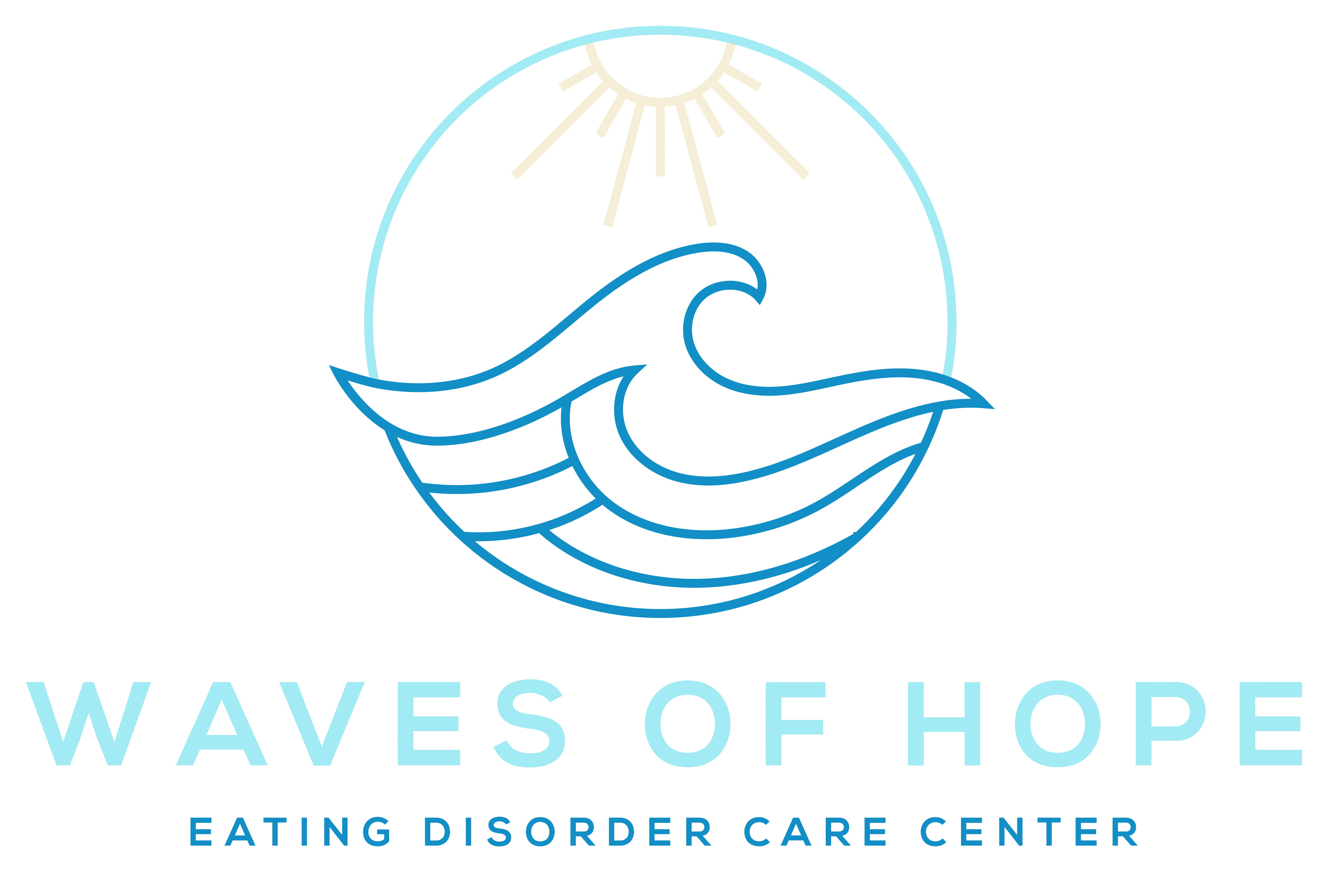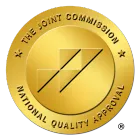.jpg)
Understanding Ruminating
Overthinking is a common experience that affects many individuals. It is characterized by persistent thoughts that repeat and replay in the mind, often leading to a cycle of worry and anxiety.
What Is Overthinking and Ruminating?
Overthinking involves dwelling on thoughts excessively, analyzing events or situations without resolution, and experiencing difficulty in moving on. Ruminating specifically refers to focusing on distressing thoughts or feelings, often related to past experiences or perceived failures.
The Cycle of Overthinking
The cycle of overthinking can be a challenging pattern to break. It often begins with a trigger, such as a stressful event, that prompts negative thinking. This initial thought can lead to deeper analysis, which perpetuates feelings of anxiety and distress. The following table outlines the general cycle of overthinking and ruminating.
Understanding this cycle is the first step towards breaking free from overthinking and ruminating. Recognizing these patterns allows for the implementation of effective strategies, such as the 9 tips to help stop ruminating. By addressing the root causes of these thoughts, individuals can work towards achieving mental clarity and peace.
Recognizing the Impact
Understanding the effects of continuous overthinking can help individuals recognize the importance of addressing this thought pattern. The implications of ruminating extend beyond mere inconvenience; they can significantly affect mental and physical well-being.
Effects of Continuous Overthinking
Continuous overthinking can lead to a variety of negative consequences. The following table outlines some of the common effects:
Why Is It Important to Address Overthinking
Addressing overthinking is essential for one's overall health. The necessity to tackle this mental pattern lies in its potential to prevent further complications. Here are key reasons to consider:
Recognizing the impact of rumination is the first step in implementing effective strategies. Understanding both the negative effects and the importance of intervention can motivate individuals to take action against overthinking.
Practical Tips to End Ruminating
Ruminating can be challenging, but there are effective strategies to help stop this cycle of overthinking. Here are nine practical tips to consider:
Practice Mindfulness and Grounding Techniques
Mindfulness is a powerful tool that encourages individuals to focus on the present moment. It helps to cultivate awareness and reduces the tendency to overthink. Grounding techniques serve to anchor the mind, helping to redirect attention away from negative thoughts.
Challenge Negative Thoughts
Identifying and challenging negative thoughts is crucial in breaking the cycle of overthinking. When faced with troubling thoughts, individuals can benefit from analyzing them through a more critical lens.
Set Boundaries for Overthinking Time
Designating specific times for reflection can help manage overthinking. This method can prevent it from intruding into daily life. Creating structured time limits can aid in maintaining focus and reducing anxiety.
Implementing these strategies can assist individuals in overcoming the habit of ruminating. Mindfulness, challenging negative beliefs, and setting clear boundaries are valuable approaches. These actions empower individuals to regain control and foster a healthier mindset.
Building a Support System
Establishing a supportive environment is vital for overcoming the habit of ruminating. Engaging with a support system can enhance personal resilience and provide valuable perspectives. This section outlines two key avenues for building a support system: seeking professional help and communicating with loved ones.
Seeking Professional Help
Professional help can be instrumental in addressing overthinking and rumination. Mental health professionals, such as therapists and counselors, are trained to guide individuals through these challenges. They can help identify triggers, suggest coping strategies, and offer insights into patterns of thought.
Common forms of professional help include:
Accessing professional resources can empower individuals to develop healthier coping mechanisms and reduce the frequency of ruminating thoughts.
Communicating with Loved Ones
Open communication with family and friends can provide additional layers of support when dealing with ruminating thoughts. Talking about one's feelings and concerns can alleviate some of the burdens associated with overthinking. Loved ones can offer reassurance and different perspectives that may be lacking during moments of rumination.
Here are some tips for effective communication:
Involving trusted individuals in the conversation creates a network of support, making it easier to manage the negative effects of ruminating thoughts.
Prioritizing Self-Care
Engaging in self-care is vital for managing overthinking and ruminating. By prioritizing activities that promote physical and emotional well-being, individuals can effectively reduce the tendency to overthink.
Exercise and Physical Activities
Regular physical activity plays a significant role in enhancing mental health. Exercise releases endorphins, chemicals in the brain that act as natural mood lifters. Incorporating different forms of exercise can provide physical benefits while also alleviating stress and anxiety.
Healthy Eating Habits and Sleep Routine
A nutritious diet and consistent sleep patterns are essential components of self-care. Foods rich in vitamins and minerals can positively impact mental clarity and emotional stability. Adequate sleep allows the brain to reset, reducing the instances of ruminating thoughts.
By focusing on exercise, nutrition, and sleep hygiene, individuals can build a solid foundation for mental well-being, making it easier to manage overthinking and promote a more positive mindset.
Creating a Positive Environment
Establishing a positive environment can significantly aid in reducing overthinking and ruminating. This can be achieved by surrounding oneself with positivity and engaging in enjoyable activities.
Surrounding Yourself with Positivity
Creating a supportive and uplifting environment is crucial for mental well-being. This can be accomplished through various means, which can be summarized in the table below.
Incorporating these strategies can help to cultivate a more positive atmosphere, which in turn may diminish the tendency to ruminate.
Engaging in Hobbies and Relaxation Activities
Participating in hobbies and relaxing activities is essential for mental health. These activities serve as distractions from overthinking and create joy. The following table outlines various hobbies and their potential benefits.
By committing to hobbies and relaxing activities, individuals can reduce the propensity for overthinking while nurturing their sense of self and well-being.
Sources
https://psychcentral.com/health/tips-to-help-stop-ruminating
https://www.healthline.com/health/how-to-stop-ruminating
https://www.choosingtherapy.com/how-to-stop-ruminating




.svg)

.avif)
.avif)
.avif)
.avif)
.avif)

.avif)
.avif)
.avif)
.avif)
.avif)
.avif)
.avif)
.avif)
.avif)


.avif)
.avif)
.avif)

.avif)
.jpg)
.avif)
.avif)
.avif)


.avif)
.avif)
.avif)
.avif)
.avif)
.avif)
.avif)
.avif)

.avif)
.avif)
.avif)
.avif)
.avif)
.avif)
.avif)
.avif)
.jpg)
.avif)
.avif)
.avif)
.jpg)
.jpg)
.avif)
.jpg)
.avif)
.avif)
.avif)
.avif)
.avif)
.avif)
.avif)
.avif)
.avif)
.avif)
.avif)
.avif)
.avif)
.avif)
.avif)
.avif)
.avif)
.avif)
.avif)
.avif)
.avif)
.avif)
.avif)
.avif)
.avif)
.avif)

.avif)

.avif)
.avif)
.avif)
.avif)
.avif)
.avif)
.avif)
.avif)
.avif)
.avif)
.avif)
.avif)
.jpg)
.avif)
.avif)
.avif)
.avif)
.avif)
